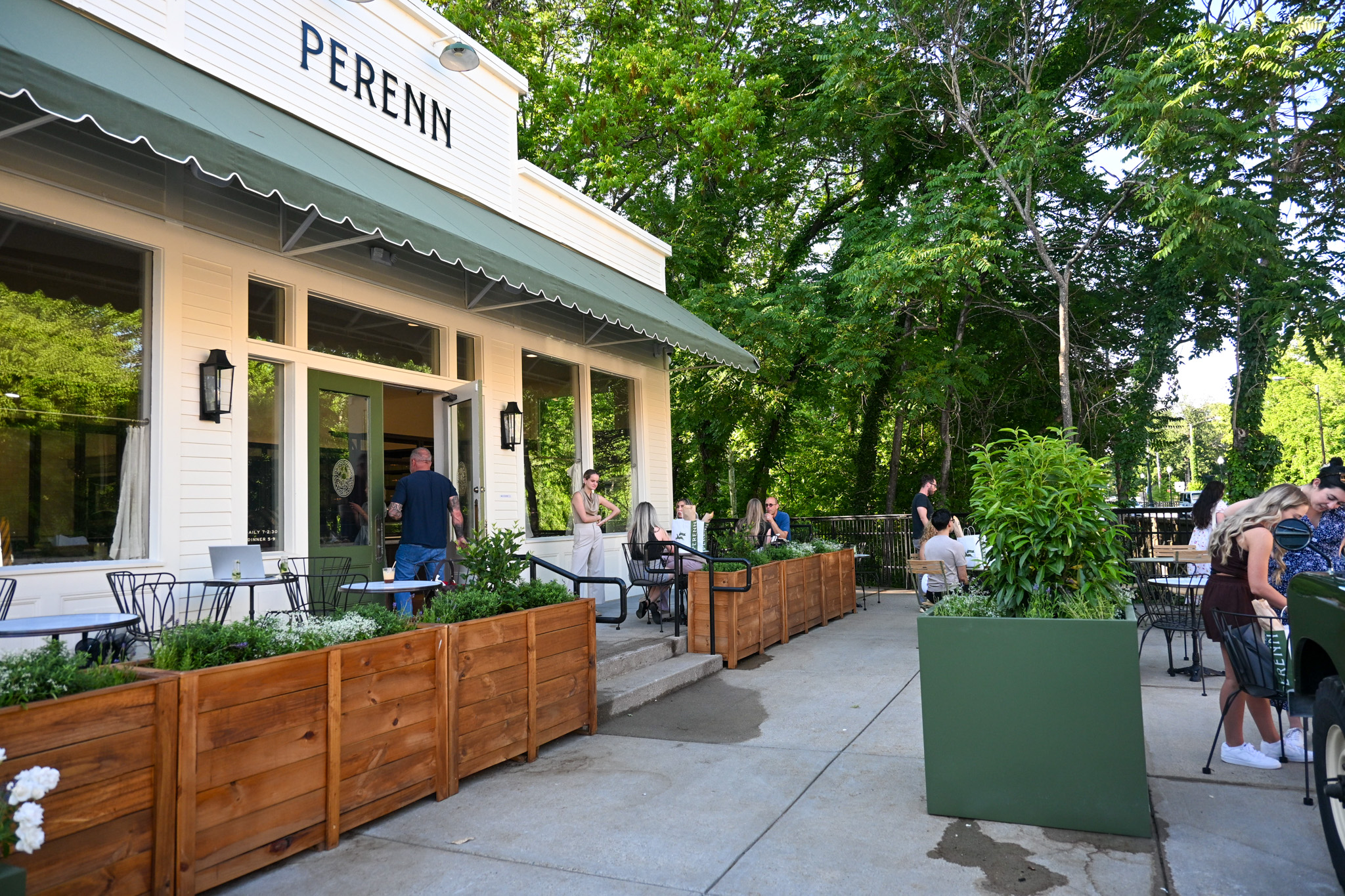Take a Hike: Visit Radnor Lake State Park in Nashville, Tennessee
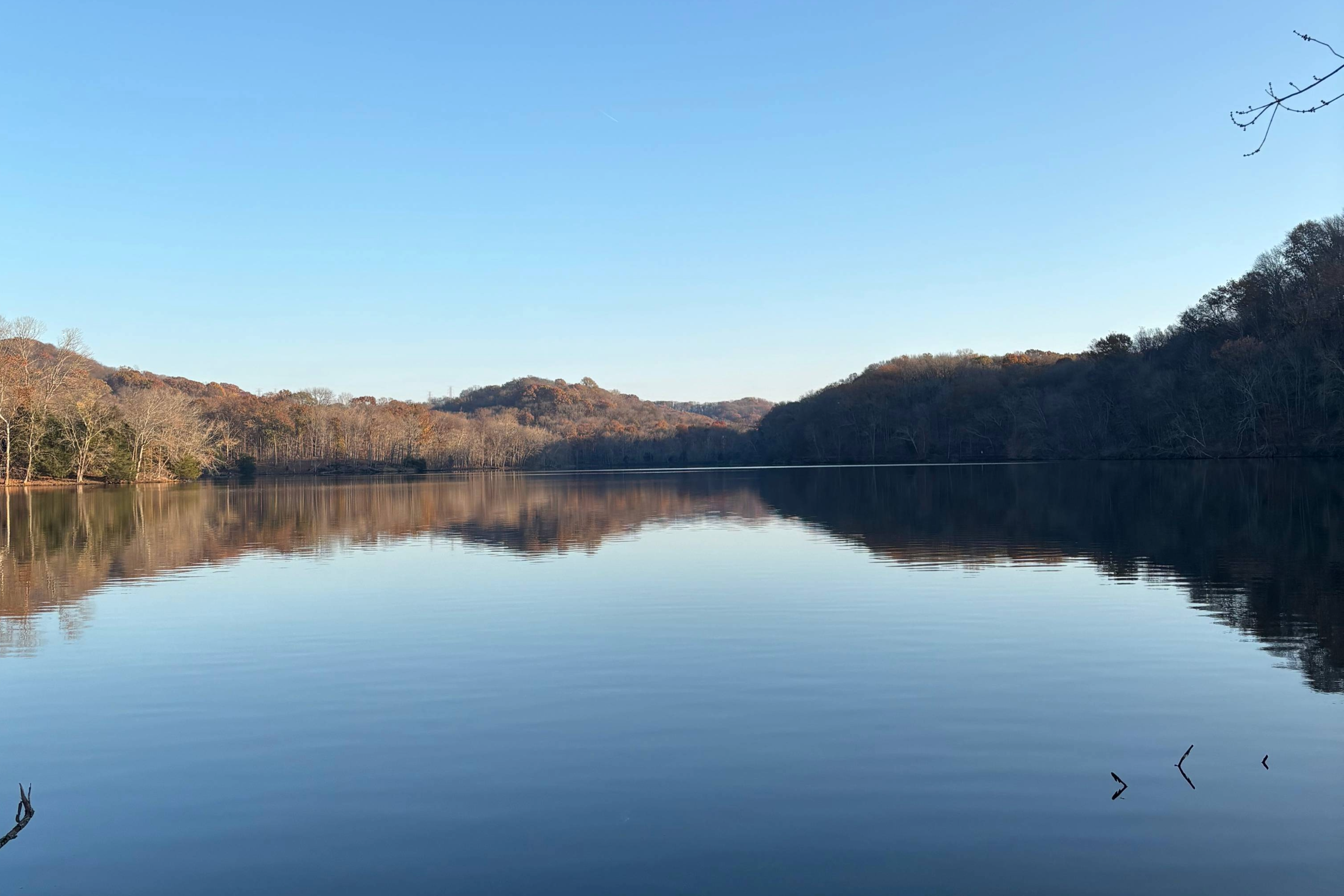
When thinking of Nashville, Tennessee, nightlife might come to mind before wildlife ever does. With its honkey tonk reputation and booming expansion over the last decade, its easy to overlook some of the most beautiful and peaceful corners of Music City.
Enter Radnor Lake: a 1,368 acre state park in Nashville’s Oak Hill neighborhood, about 20 minutes from the heart of downtown. The park is a Class II Natural Area, which means it’s protected and preserved due to its specific, regional scenery and scientific value. The park is full of Tennessee Wildlife, including but not limited to heron, turtles, otters, and owls. Local flora includes an abundance of wildflower, tree, moss, and fungi species that contribute to the biodiversity of Radnor Lake. The phenomenal park encircles the stunning lake and is open during daylight hours, from 6 a.m. until 20-minutes after sunset, all year round. Whether you’re an avid wildlife enthusiast or are just looking for some fresh air, Radnor Lake is a serene escape from the hustle and bustle of the city.
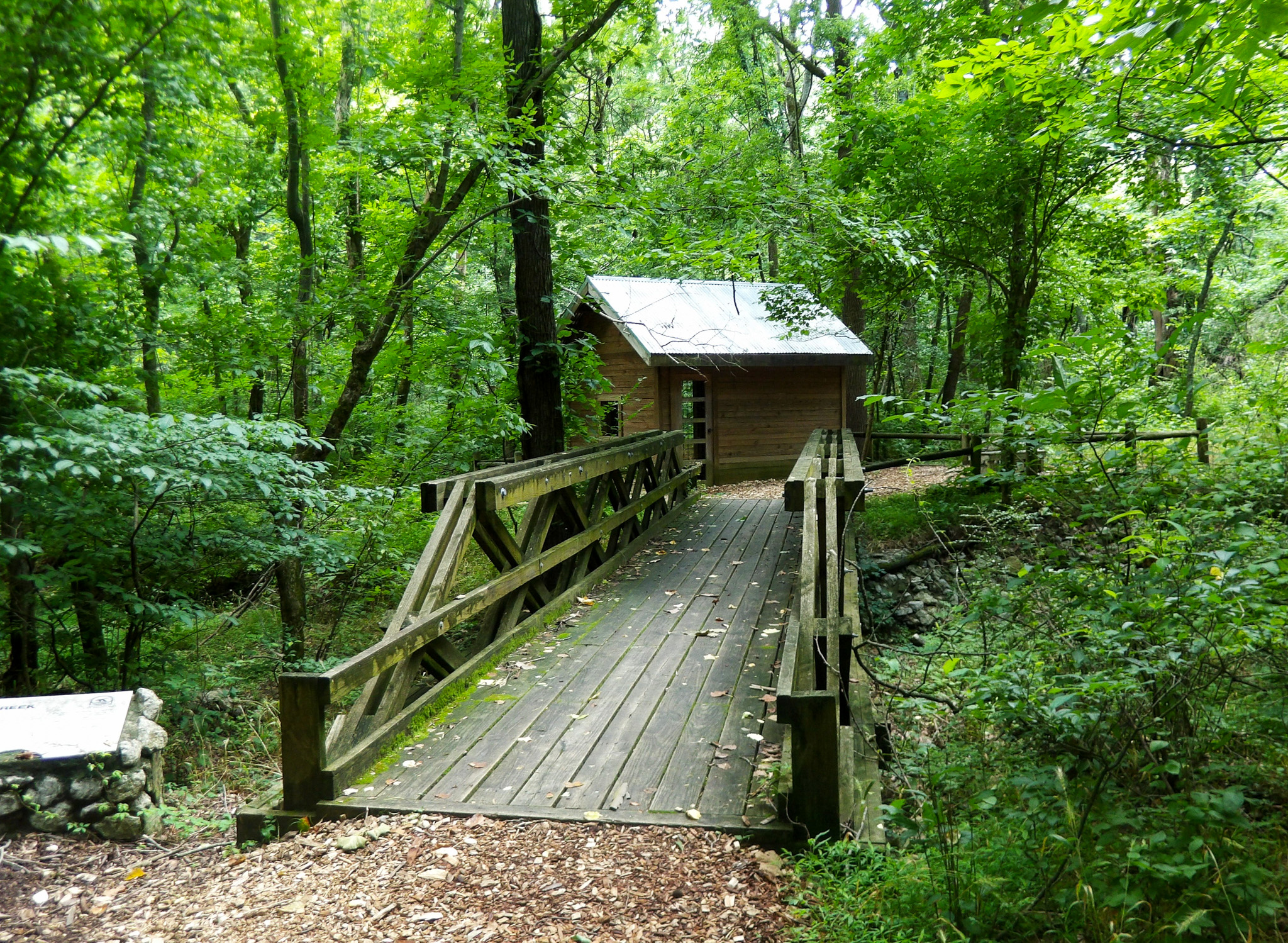
Radnor Lake State Natural Area: A Brief History
Located in the basin of Otter Creek, Radnor Lake is a man-made body of water, created by the Louisville and Nashville (L&N) Railroad Company in 1914 in order to supply water for the steam engines at the nearby Radnor Yards. Between 1914 and 1917 the dam was constructed, which allowed water to be drained from the lake for necessary use. At its peak, about 1 million gallons of water were drained from the lake each day. However, as steam engines were replaced by diesel, the large reservoir was no longer necessary. More information about this time in Radnor Lake history can be found along the Historic Valve House Trail at the park, which sequences the industrial and ownership history of the area.
In order to preserve the area in 1923, Radnor Lake and its surrounding land was declared a wildlife sanctuary by the executive vice president of L&N Railroad, a declaration instigated by conservation organization the Tennessee Ornithological Society. In the early 1970s, there were propositions to develop the area; however, due to opposition from the people of Oak Hill and the prompting of a group of biologists led by a Dr. Oliver Yates, it was decided that Radnor Lake should remain a protected natural area. Between 1971 and 1973 a collective effort was made by locals, nearby land owners, scientists from local colleges, state government officials, and environmental groups to buy the land back from Oman Construction Company, who had purchased it in the 1960s. In true Nashville style, valiant efforts to raise funds included a benefit folk concert at Vanderbilt University, a rock concert sponsored by radio station WKDA, cake sales, house to house collection, organized fundraising events by local Girl and Boy Scout troops, and generous personal contributions. Thanks to the combined efforts of the community and contributions from organizations such as the Tennessee Department of Environment and Conservation and the federal Department of the Interior, the campaign was successful. In 1973, Radnor Lake was established as Tennessee’s first official State Natural Area.
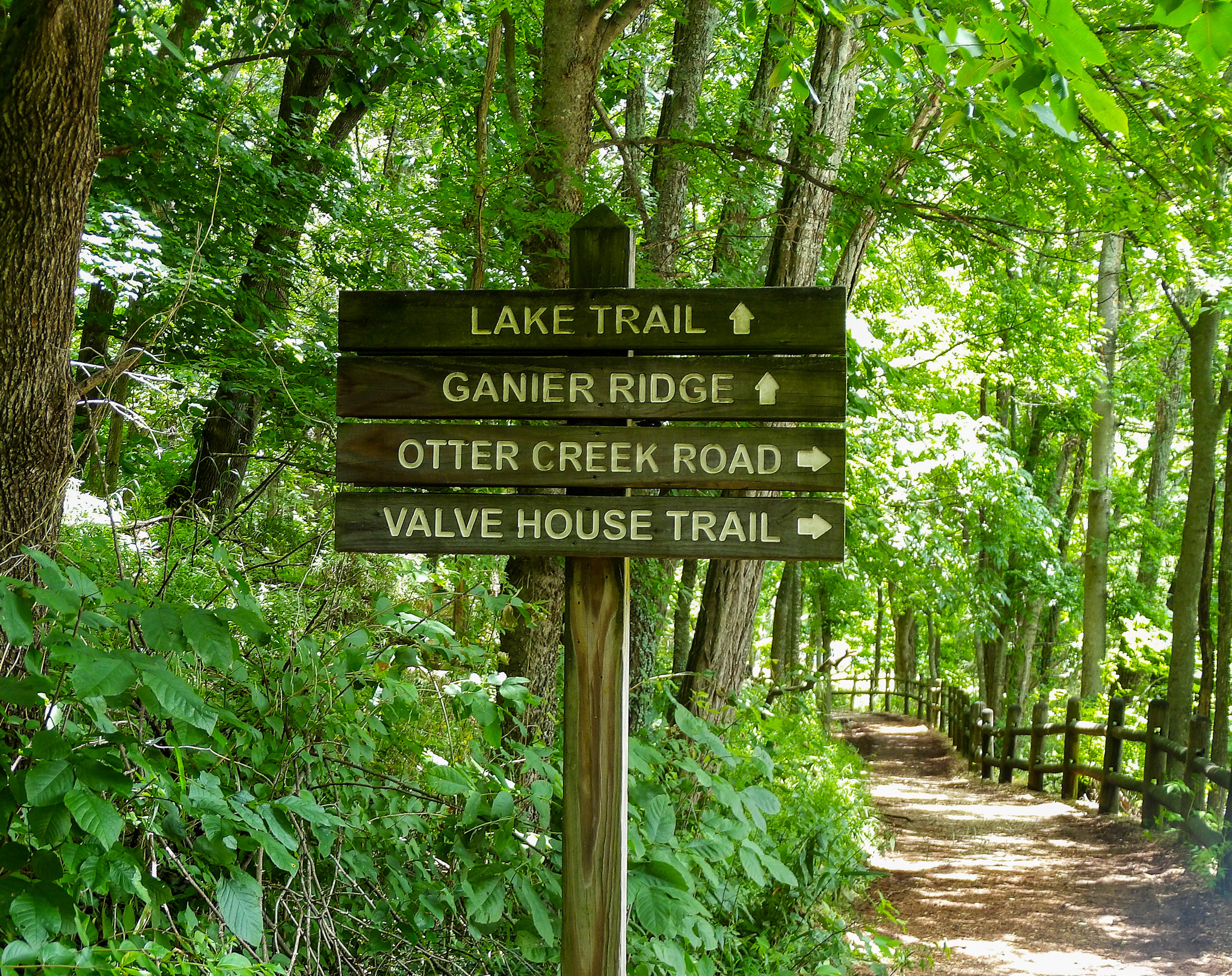
Hiking and Walking Trails at Radnor Lake
There are 7.75 miles of trails at Radnor Lake State Park. Trails and marked recreational areas of Radnor Lake include:
Access Trail: This is a 0.25 mile, moderate trail that’s mulched and links the east parking to the Ganier Ridge Trail. It also provides easy access to the Lake Trail.
Dam Walkway: At 0.20 miles, this is the shortest trail in the park, and is ADA accessible with flat, smooth surfaces and an excellent view of the lake.
Ganier Ridge Trail: This trail is 1.65 miles and labeled difficult, with 3 access points in the park. The trail is elevated and goes to the top of Ganier Ridge, named in honor of Albert F. Ganier, a naturalist and historian who co-founded the Tennessee Ornithological Society.
Historic Valve House Trail: This mulched, easily accessible trail is a short 0.40 miles, about a 10 minute hike from the visitor center to the reconstructed Historic Valve House.
Lake Trail: The Lake Trail, which loops around the north side of the lake is an easy 1.35 miles, and ADA accessible. There are several incredible observation points along this trail. This trail is mulch and gravel, and exits onto Otter Creek Road.
Otter Creek Road: This 1.05 mile, paved trail is the only one in the park that allows bikes and dogs. Once you’re inside the park, the road is closed to motor vehicles. This trail has great views of the lake and scattered observation points.
South Cove Trail: The 1.40 mile trail is the same difficulty as Ganier Ridge Trail, leading to the top of the ridge, running to the South of the park. Elevated views of the lake can be seen on the lower sections of the mulched trail.
South Lake Trail: This 0.90 mile, mulched trail shares adjacent access points off of Otter Creek Road with South Cove Trail, but offers a more moderate hike. There is a connection to South Cove Trail halfway through.
Spillway Trail: The easy, 0.25 mile trail is also ADA accessible and starts behind Radnor Lake’s Walter Criley Visitor Center, with additional access from the west parking lot. The trail is mulched and leads to the Spillway Bridge and beyond to an observation deck, offering a gorgeous view of the lake.
For exact locations and accessibility information, you can consult the official trail map provided by the state park. As you visit and explore, please keep in mind that Radnor Lake State Park is a crucial sanctuary for local wildlife species; disrupting the natural ecosystem by going off trail or failing to comply with park rules is taken very seriously. Swimming and fishing are not permitted. Additionally, Radnor Lake takes accessibility protocol very seriously, providing assistance and tools at no cost to visitors with specific needs.
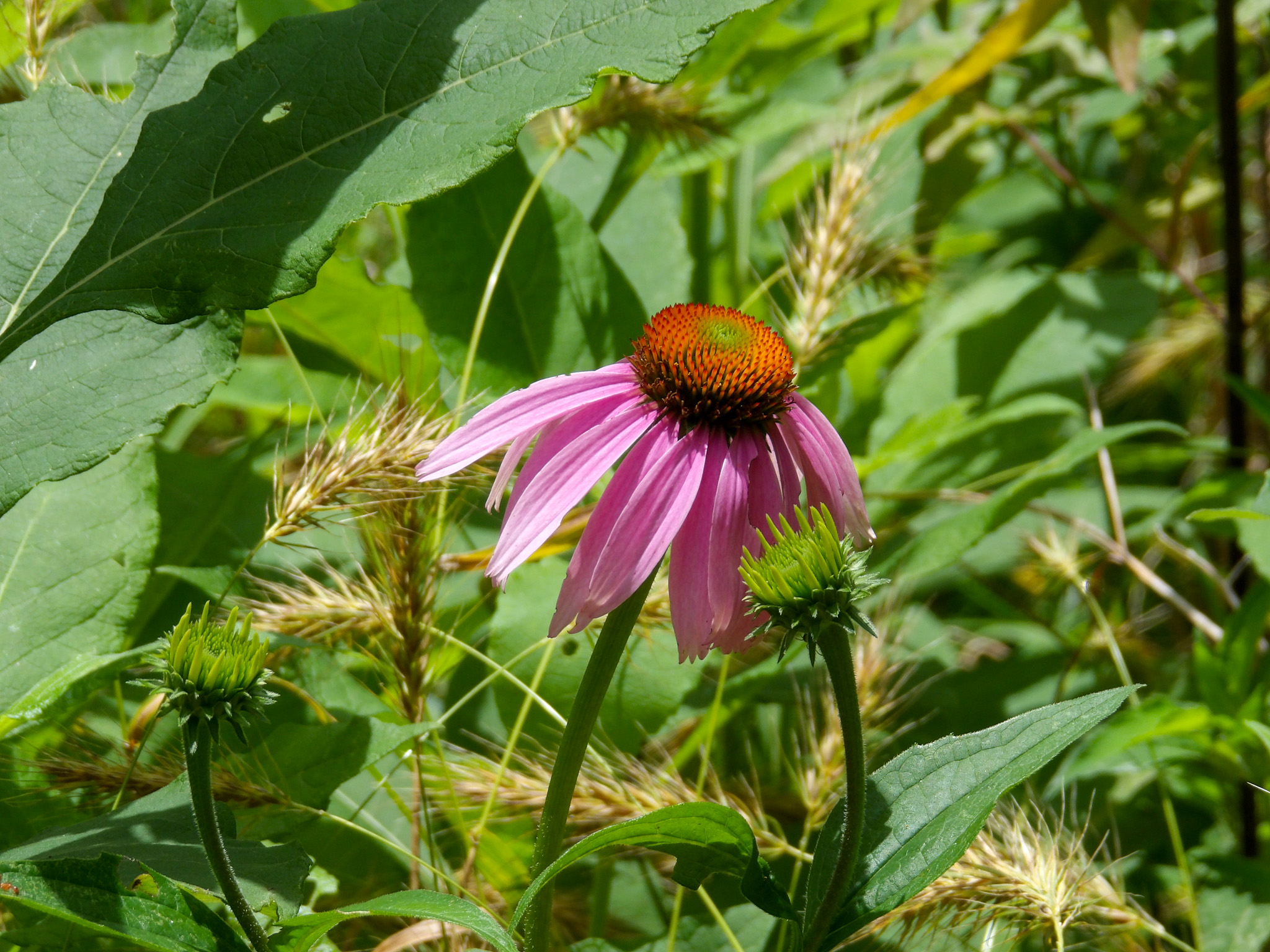
Friends of Radnor Lake
Adjacent to the park, Friends of Radnor Lake, established in 1971, is a nonprofit organization dedicated to the preservation and protection of Radnor Lake, a mission promoted through environment education, park support, and land acquisition. The organization is governed by a board 25 members from the Nashville community who work alongside park management to support environmental preservation, improve visitor experience, and provide funding that ensures Radnor Lake State Natural Area remains protected and open to the public for years to come. Friends of Radnor Lake is the Tennessee State Parks system’s oldest and most successful nonprofit entity, ultimately maintaining the park for the good of Nashville and the integrity of its natural landscape.
Volunteer Days through Friends of Radnor Lake are hosted once a month, excluding the months of October, November, and December. Pre-registered volunteers are invited to join in the cause, working with staff on monthly projects in the natural area. Regular volunteer needs include trail mulching, invasive-exotic plant removal, and help with specific projects. Supplies, bottled water, and bug spray are provided by Friends of Radnor Lake. Volunteer groups are also welcomed as the schedule allows. For volunteer inquires and questions, contact Lyndy.Maness@tn.gov. Friends of Radnor Lake are also responsible for a number of events, ongoing projects, and research partnerships that support the overarching mission of the park and its environmental impact.
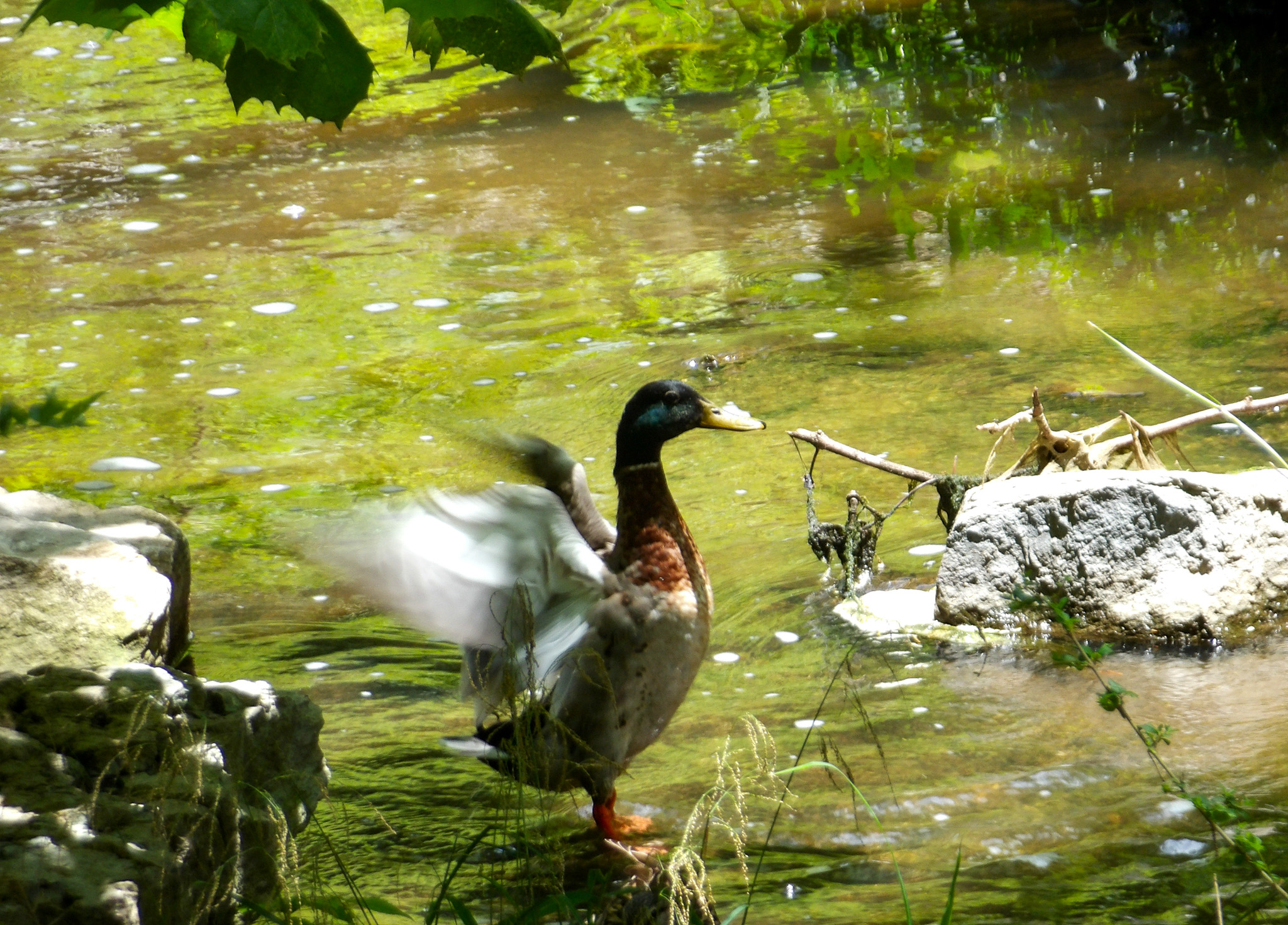
Education Opportunities
The Walter Criley Visitor Center at Radnor Lake State Park opened in 1991, and remains a fantastic resource for anyone looking to learn more about the natural area. The visitor center provides helpful brochures, trail maps, birding checklists, and displays that share information about the cultural history and ecosystem of the area. The center also houses the park offices and gift shop, and is a main check-point for ranger-led educational programs and other events. Additionally, the Audio Visual Room at the visitor center serves as an educational tool used for programs, Friends of Radnor Lake events, ranger training, and group meetings. The restrooms and Audio Visual Room are open from 7 a.m. until dark. The gift shop is open from 9:30 a.m. until 5:30 p.m., though it’s closed for lunch between 1-2 p.m. and all day on Tuesdays and Wednesdays.
The Barbara J. Mapp Aviary Education Center is also a huge part of Radnor Lake’s environmental education. Since 2015, the aviary has provided a permanent home and care facility for injured birds-of-prey that cannot be safely released back into the wild. The facility houses 7 non-releasable raptors, including 3 Bald Eagles, a Golden Eagle, a Black Vulture, a Red-tailed Hawk, and a Great Horned Owl. The boardwalk and complex allow for up-close, visitor observation of these species while providing a sanctuary as close to the birds’ natural environment as is possible while in captive care. The center is open to the public on Wednesdays and Saturdays from 10 a.m. until 1 p.m. Keep in mind it is only accessible by foot (0.75 miles from the east parking area, and 1.4 miles from the west parking area), though the boardwalk is wheelchair accessible. All programs at the aviary are free.
Radnor Lake’s Junior Ranger Intern Program is a summer youth program open for ages 13-18. The intern program gives teens the opportunity to work alongside Tennessee park rangers on Radnor Lake trail projects, exposing interns to natural resource protection and hands-on environmental education. Summer programs are split into 3, 6-day sessions, with a $25 per day stipend. The daily schedule is from 9 a.m. to 4 p.m., with one day set aside for river clean-up. Keep in mind that this program is physically demanding, with most days consisting of hiking over 3 miles, hauling supplies, and labor-intensive activities. Applications for the program open in March and close by mid-April each year. Applicants are asked to apply/ register for sessions during which they can attend all 6 days. Lunches and t-shirts are provided to interns by Friends of Radnor Lake.
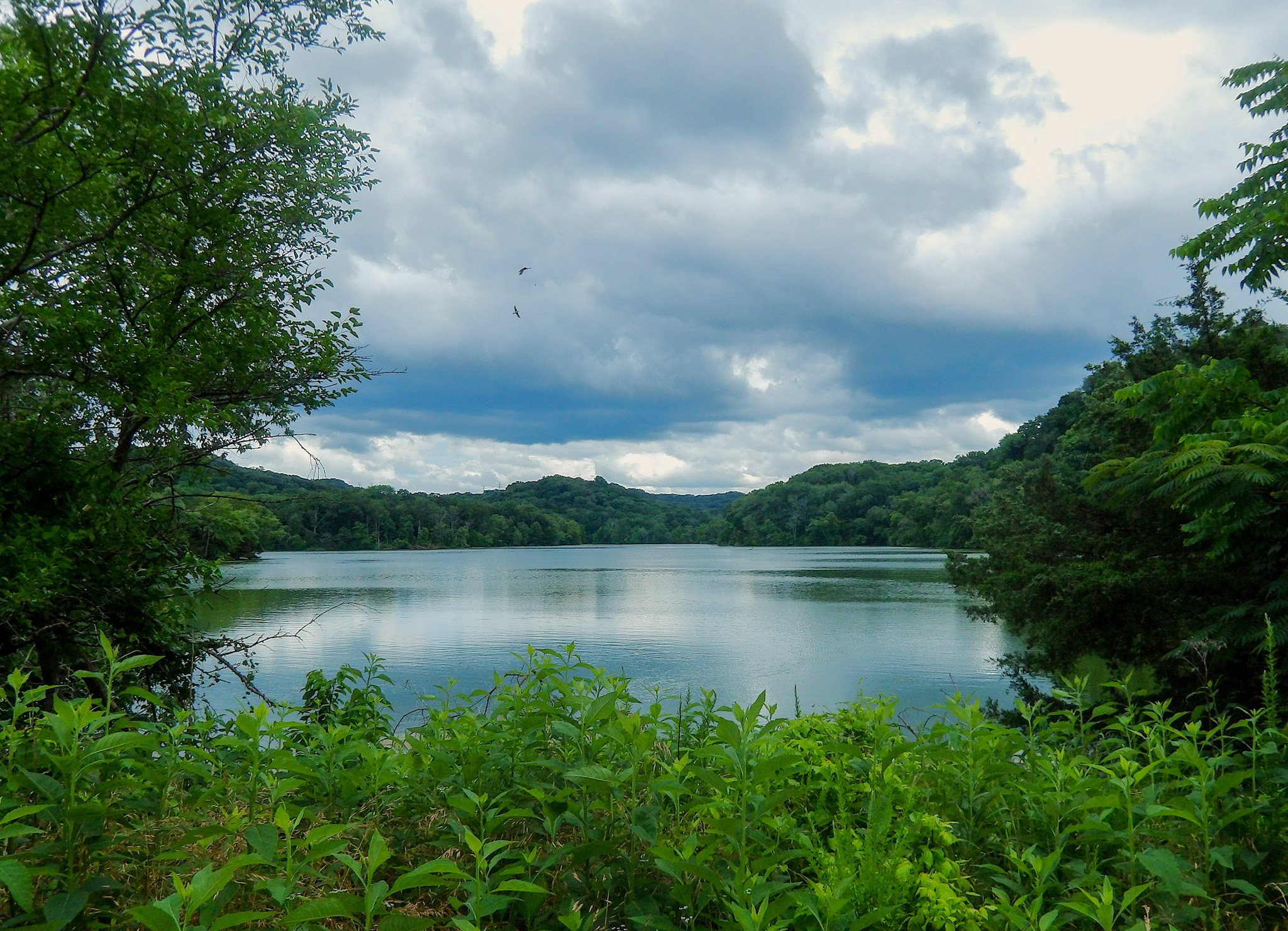
Preservation in the Volunteer State
Today, Tennessee is home to 60 state parks, all of which play an important role in the preservation of our natural landscape. Natural areas such as Radnor Lake State Park ensure that the land remains intact, providing refuge for native wildlife species and scenic recreational spaces for locals and visitors alike. If you’re passionate about this work, and interested in volunteering at Tennessee State Parks across the board, you can inquire about opportunities via their website dashboard.
Williamson County, Davidson County, and other surrounding areas boast incredible beauty when it comes to natural spaces. With a large number of parks, preserves, and wildlife sanctuaries, there is increasing efforts towards environmental sustainability and harmony with the land we are lucky enough to call home. Here in Williamson County, you can immerse yourself in the wild and wonderful landscape through outdoor recreation and adventure opportunities, well cared for nature preserves, and wildlife sanctuaries like Owl’s Hill Nature Sanctuary in Brentwood, Tennessee. Additionally, there are a number of agritourism experiences that support the health and wealth of our community. The state of Tennessee is also home to a vast number of extraordinary waterfalls, many of which happen to be located within 3 hours of Williamson County (and are absolutely worth the trek).
By paying attention to, visiting, and supporting the places in our county and beyond that are working towards preservation, we can participate in the good work of environmental healing and widespread sustainability that remains crucial to the well-being of the land we call home, and the creatures that share it with us.

